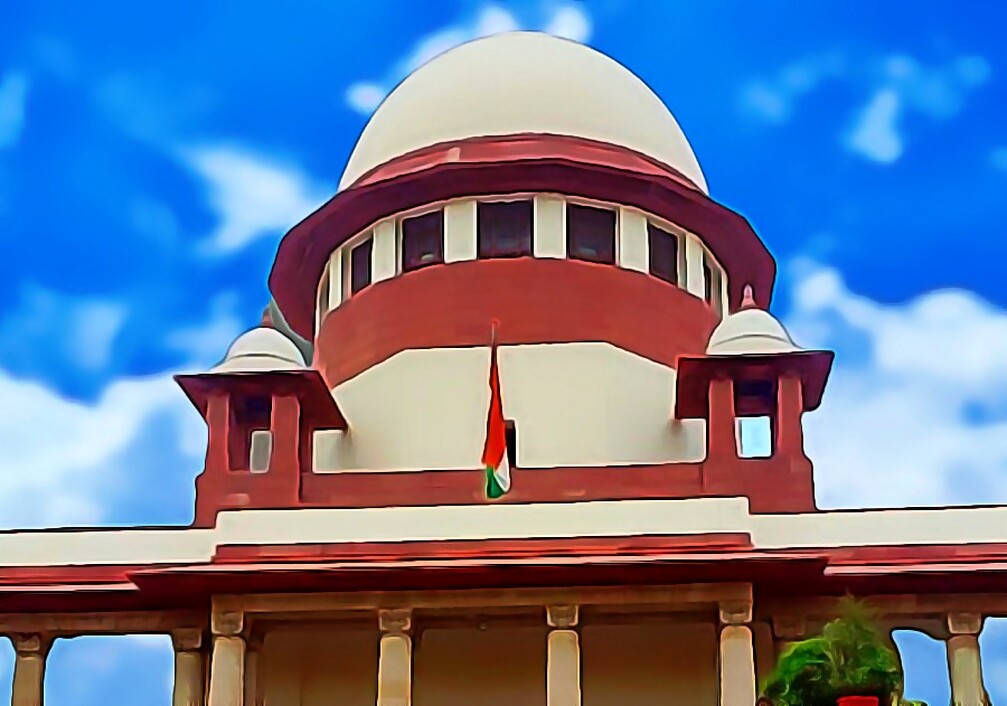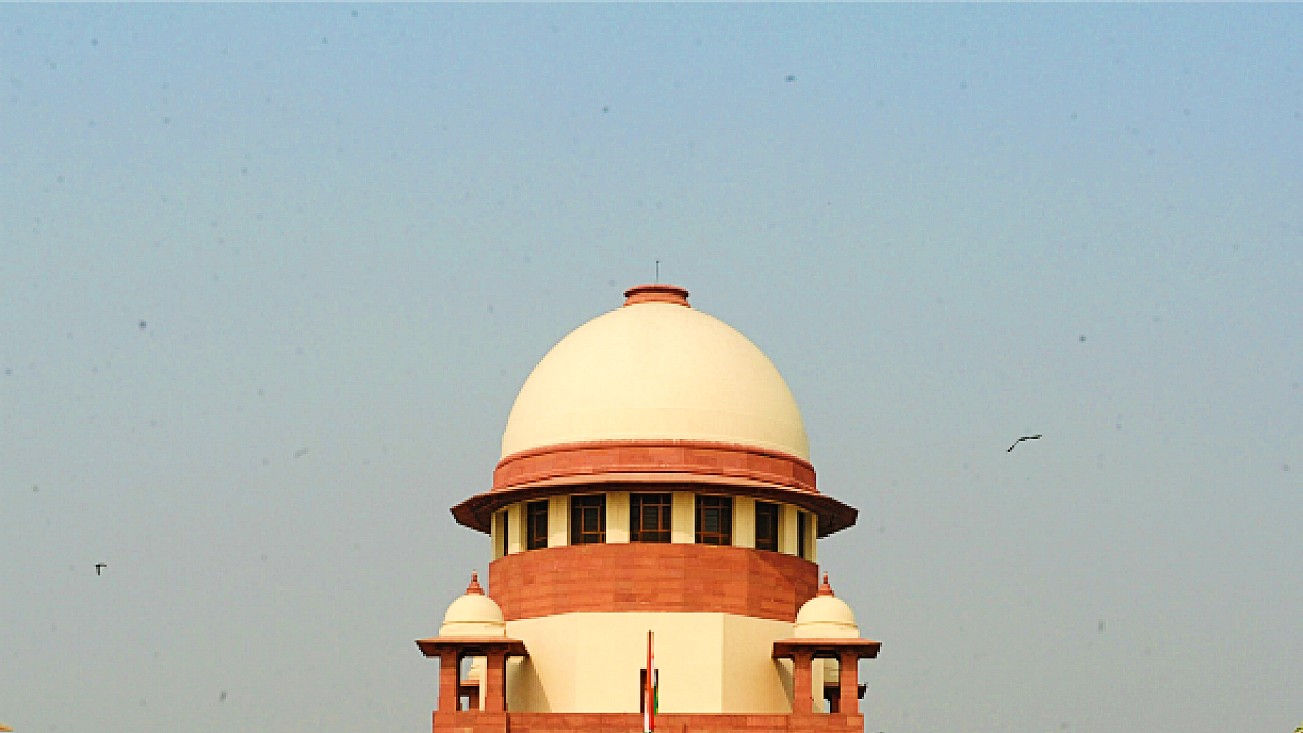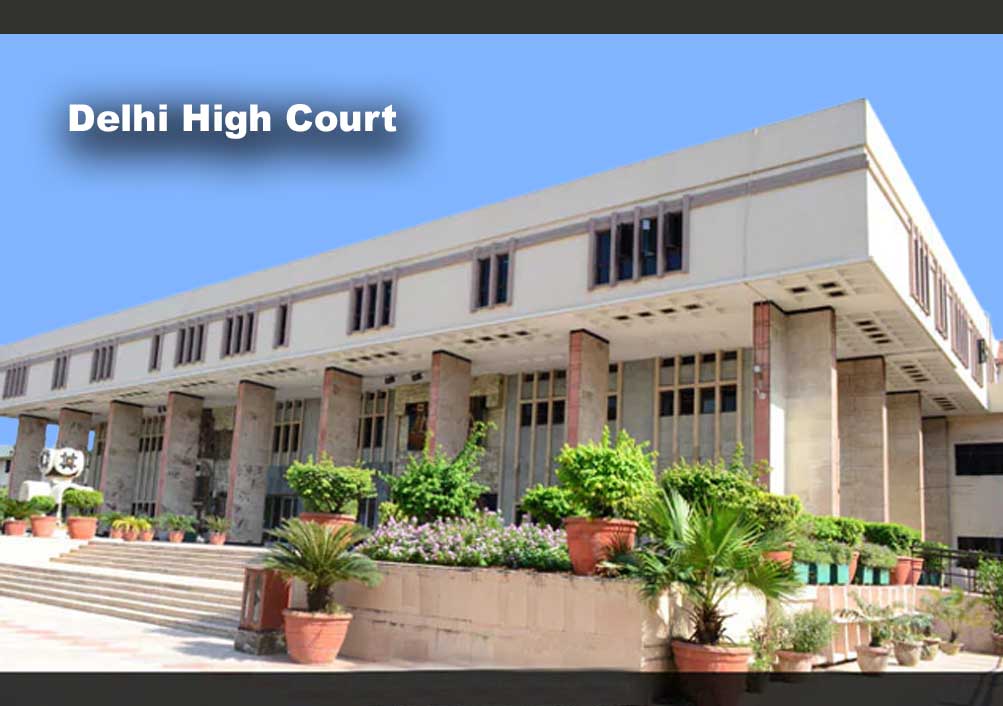In matters of disciplinary inquiries, Court’s power of judicial review under Article 226 or 136 of Constitution is circumscribed by limits of correcting errors of law or procedural errors leading to violation of principles of natural justice: SC

Read Judgment: Regional Manager, Uco Bank & Another V. Krishna Kumar Bhardwaj
Pankaj Bajpai
New Delhi, February 23, 2022: While hearing an appeal with regard to the sustainability of punishment of dismissal from service inflicted upon an Assistant Manager of UCO Bank, for negligence committed by him in discharge of his official duties, resulting in theft of cash from the cash safe, the Supreme Court has held that High Court exceeded its jurisdiction by interfering with the disciplinary proceedings which were initiated against the delinquent employee and wherein punishment was also inflicted thereon after according cogent reasons and following natural justice.
A Division Bench of Justice Ajay Rastogi and Justice Abhay S.Oka observed that power of judicial review in the matters of disciplinary inquiries, exercised by the departmental/ appellate authorities discharged by constitutional courts under Article 226 or Article 136 of the Constitution of India is well circumscribed by limits of correcting errors of law or procedural errors leading to manifest injustice or violation of principles of natural justice.
Going by the background of the case, Krishna Bhardwaj (Respondent – delinquent) was serving as an Assistant Manager, Sewla Branch when the incident of theft was reported. The respondent being one of the joint custodian of cash and his negligence in handling the keys in inappropriate manner resulted in theft/loss of cash from the cash safe. Accordingly, he was placed under suspension in exercise of power conferred under Regulation 12 of the UCO Bank Officers Employees (Discipline & Appeal) Regulations 1976. Later, charge-sheet along with four article of charges was served upon him.
The inquiry officer conducted departmental inquiry and due compliance of principles of natural justice, held some charges proved against the respondent delinquent. The disciplinary authority, concurred with the findings of the Inquiry Officer and inflicted penalty of dismissal from service with disqualification for future employment. The appellate authority, after revisiting the record of inquiry, modified the punishment and directed payment of all terminal benefits to Respondent, since no moral turpitude is found against him. The matter reached High Court, and since the respondent delinquent was the Assistant Manager, it was held that he was not responsible for lapses and the order of punishment inflicted upon the respondent delinquent came to be set aside.
After considering the submissions, the Top Court found that in the course of enquiry, a documentary evidence came on record that although Mr. Vinod Kumar Khanna was the Manager of the Branch but the date on which the theft was committed, the custodian of cash were the respondent along with the Assistant Manager(Cash).
The finding had been recorded by the inquiry officer in his report holding that the respondent delinquent was the custodian of cash in keeping the keys in cash safe/strong room in the almirah of the stationary room overnight and not keeping the same in his personal custody as per rules of the Bank along with Assistant Manager(Cash), added the Court.
Speaking for the Bench, Justice Rastogi noted that the finding of fact was confirmed by the Disciplinary/Appellate Authority in upholding the guilt of the respondent as he had failed in discharge of his duties as a custodian when the theft had taken place, but the High Court had not taken pains to examine the finding recorded by the inquiry officer in reference to the responsibility which the respondent delinquent failed to discharge as a custodian of cash at the relevant point of time when the theft was committed.
The appellate authority also, after due appreciation of the record of inquiry and confirmed by the disciplinary authority, arrived at the conclusion that the finding recorded in reference to one charge was not proved and held that the other two charges were proved on the basis of which he was persuaded to modify the punishment, added the Bench.
Therefore, the Apex Court allowed the appeal and concluded that the High Court exceeded in its jurisdiction while interfering with the disciplinary proceedings initiated against the respondent delinquent and being unsustainable, deserved to be set aside.
Sign up for our weekly newsletter to stay up to date on our product, events featured blog, special offer and all of the exciting things that take place here at Legitquest.




Add a Comment